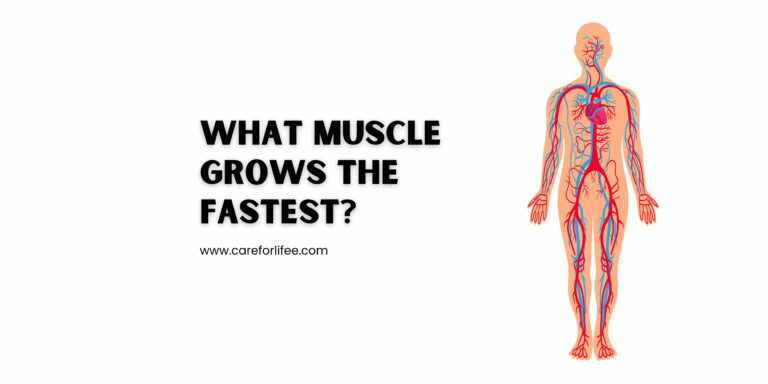Do You Have to Eat a Lot to Build Muscle?
Building muscle is a common goal for many people who engage in physical exercise. While it’s true that muscle growth requires consuming sufficient nutrients, there’s a common misconception that you have to eat a lot to build muscle. In this article, we’ll explore the science behind muscle building and whether or not eating a lot is necessary.
The Science Behind Building Muscle
Before we dive into the question of how much to eat, it’s important to understand how muscle growth occurs. When you engage in physical exercise that challenges your muscles, small tears occur in the muscle fibers. These tears are then repaired by your body through a process called muscle protein synthesis. Over time, this process leads to muscle growth and increased strength.
Caloric Surplus and Muscle Building
One of the most important factors for muscle growth is consuming enough calories. However, it’s not necessarily true that you have to eat a lot to build muscle. Instead, what’s important is being in a caloric surplus, which means consuming more calories than your body burns. This provides your body with the energy it needs to repair and grow muscle tissue.
It’s important to note that being in a caloric surplus doesn’t mean you should eat as much as possible. Eating too many calories can lead to excess fat gain, which can make it harder to see the muscle you’re building. Instead, aim for a modest caloric surplus of around 250-500 calories per day, depending on your individual needs and goals.
Macronutrient Ratios for Muscle Building
In addition to consuming enough calories, it’s important to consume the right balance of macronutrients – protein, carbohydrates, and fats – for muscle growth. Here are some general guidelines:
- Protein: Aim for around 0.8-1.2 grams of protein per pound of body weight per day. Protein is essential for muscle growth and repair, so it’s important to consume enough.
- Carbohydrates: Carbohydrates provide your body with energy for physical activity. Aim for around 2-3 grams of carbohydrates per pound of body weight per day, depending on your individual needs.
- Fats: Fats are important for overall health and hormone production. Aim for around 0.4-0.6 grams of fat per pound of body weight per day.
Other Factors Affecting Muscle Building
While consuming enough calories and macronutrients is important for muscle growth, there are other factors to consider as well:
- Rest and Recovery: Your body needs time to recover between workouts in order to build muscle. Aim for at least 1-2 rest days per week, and prioritize getting enough sleep.
- Consistent Training and Progressive Overload: In order to continue building muscle, you need to consistently challenge your muscles through exercise. This means gradually increasing the weight, reps, or sets of your workouts over time.
- Genetics and Individual Differences: It’s important to remember that everyone’s body is different, and some people may be able to build muscle more easily than others. Focus on your own progress and don’t compare yourself to others.
Conclusion
In summary, while consuming enough calories and macronutrients is important for muscle growth, you don’t necessarily have to eat a lot to build muscle. Instead, aim for a modest caloric surplus and a balanced diet that includes sufficient protein, carbohydrates, and fats. Consistent exercise and recovery are also key factors in building muscle. By focusing on these factors, you can make progress toward your muscle building







